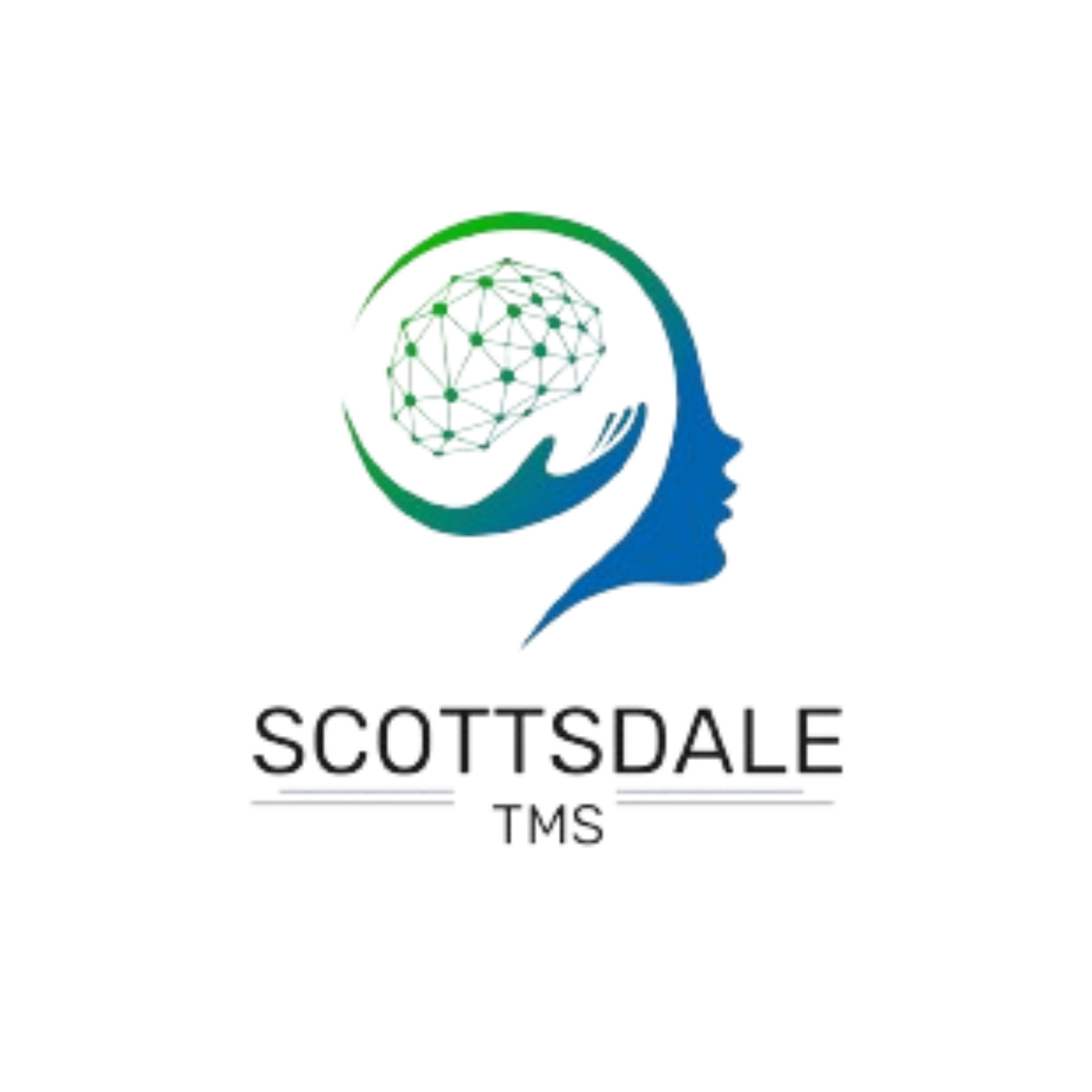Transcranial Magnetic Stimulation (TMS) therapy is a non-invasive treatment option that uses magnetic fields to stimulate brain activity, particularly for conditions like major depressive disorder and anxiety. If you’re considering TMS therapy, it’s essential to understand how it works and why it might be the right choice for you. This guide will help you navigate your options and find the best TMS therapy available.
Questions Answered in This Article:
Our Alcohol Addiction Treatment Programs

Scottsdale Rehab
Luxury Personalized Rehab

Hart Rehab
Holistic Luxury Personalized Rehab

Scottsdale Detox
Luxury Medical Detox
TMS Therapy and Its Benefits
TMS therapy utilizes magnetic pulses to stimulate areas of the brain involved in mood regulation. It’s FDA-approved and has shown remarkable effectiveness in treating depression, especially when traditional methods like medication or therapy fail to provide relief. This top-rated TMS therapy has become a go-to option for individuals looking for a safe, non-invasive way to manage their mental health.
Aside from depression, TMS therapy has also been used to help those dealing with anxiety and other mood disorders. One of the main advantages is that it is not a drug-based treatment, which means it’s an appealing alternative for patients who may have struggled with side effects from antidepressants.
How TMS Therapy Helps Your Brain?
TMS therapy works by targeting specific regions of the brain that affect mood and behavior. Advanced TMS technology enables precise delivery of magnetic pulses to these areas, helping the brain function more effectively. The personalized treatment plans are tailored to each individual, ensuring that the therapy targets the most relevant regions of the brain for optimal results.
Unlike traditional medications, TMS treatments are non-invasive and do not involve any sedatives or anesthesia. The magnetic pulses are delivered through a coil placed on the scalp, making it a safe and effective alternative for treating major depressive disorder without the systemic side effects of pharmaceutical treatments.
How to Choose the Best TMS Therapy?
When looking for the best TMS therapy, it’s important to choose a clinic that offers personalized TMS treatment plans. The treatment should be tailored to your unique brain activity, ensuring the most effective results. Top-rated TMS therapy clinics use advanced equipment and have trained professionals to guide you through the entire process.
If you’re searching for the best clinics for TMS treatment, look for those that combine clinical experience, FDA-approved technology, and a focus on patient-centered care. These TMS clinics often offer a wider range of treatment protocols, including personalized repetitive transcranial magnetic stimulation, to deliver optimal outcomes.
In addition to finding a skilled clinic, you should also consider the type of TMS therapy that best suits your needs. Options like Deep TMS penetrate deeper into the brain, making it a better choice for more severe conditions. Be sure to inquire about the specific methods used and how they can address your symptoms.
Affordable TMS Therapy Options
The cost of TMS therapy can vary depending on the clinic and your insurance coverage. While TMS therapy costs are often higher than traditional therapies, many people find that the results are well worth the investment. Fortunately, many insurance providers now cover TMS therapy, particularly for patients diagnosed with major depressive disorder.
If you’re concerned about affordability, ask your clinic about payment plans or financing options. Many TMS clinics offer flexible structures to make treatment more accessible. With FDA-approved TMS therapy being widely recognized as an effective, non-invasive treatment, insurance companies are increasingly willing to cover the therapy as part of comprehensive mental health care.
Understanding the Side Effects of TMS Therapy
While TMS therapy is a safe and well-tolerated procedure, there can be some side effects. Most of these are mild and temporary. Common side effects include:
- Mild headaches
- Scalp discomfort
- Lightheadedness
These effects generally subside shortly after the session, and most patients find them easy to manage. Because TMS therapy is non-invasive, it has fewer risks compared to other forms of depression treatment, such as medication or electroconvulsive therapy (ECT).
What to Expect During TMS Sessions
Understanding what happens during a TMS session can help you feel more prepared. Here’s a quick overview:
- Initial Consultation: Your TMS specialist will assess your medical history and create a personalized treatment plan.
- Treatment Procedure: You’ll sit comfortably while a coil emits magnetic pulses to your scalp. Sessions last 20-40 minutes, with a light tapping or tingling sensation.
- No Sedation Needed: TMS is non-invasive, so you remain awake and alert during the session.
- Session Frequency: Expect daily sessions for 4-6 weeks, depending on your plan.
- Post-Treatment: After each session, you can return to normal activities immediately, often feeling energized.
TMS therapy near me
When considering the best TMS therapy, it’s important to understand the variety of options available and how they can help you manage major depressive disorder, anxiety, or other mood disorders. With personalized TMS treatment plans and advanced TMS technology, you can expect to receive a targeted approach that is tailored to your unique needs.
By selecting the best TMS therapy clinic that offers FDA-approved TMS therapy, you’re choosing a proven treatment with lasting results. Whether you’re seeking relief from major depression or exploring non-invasive options for mental health, TMS therapy in Scottsdale is here for you. We can be the next step on your path to recovery.

